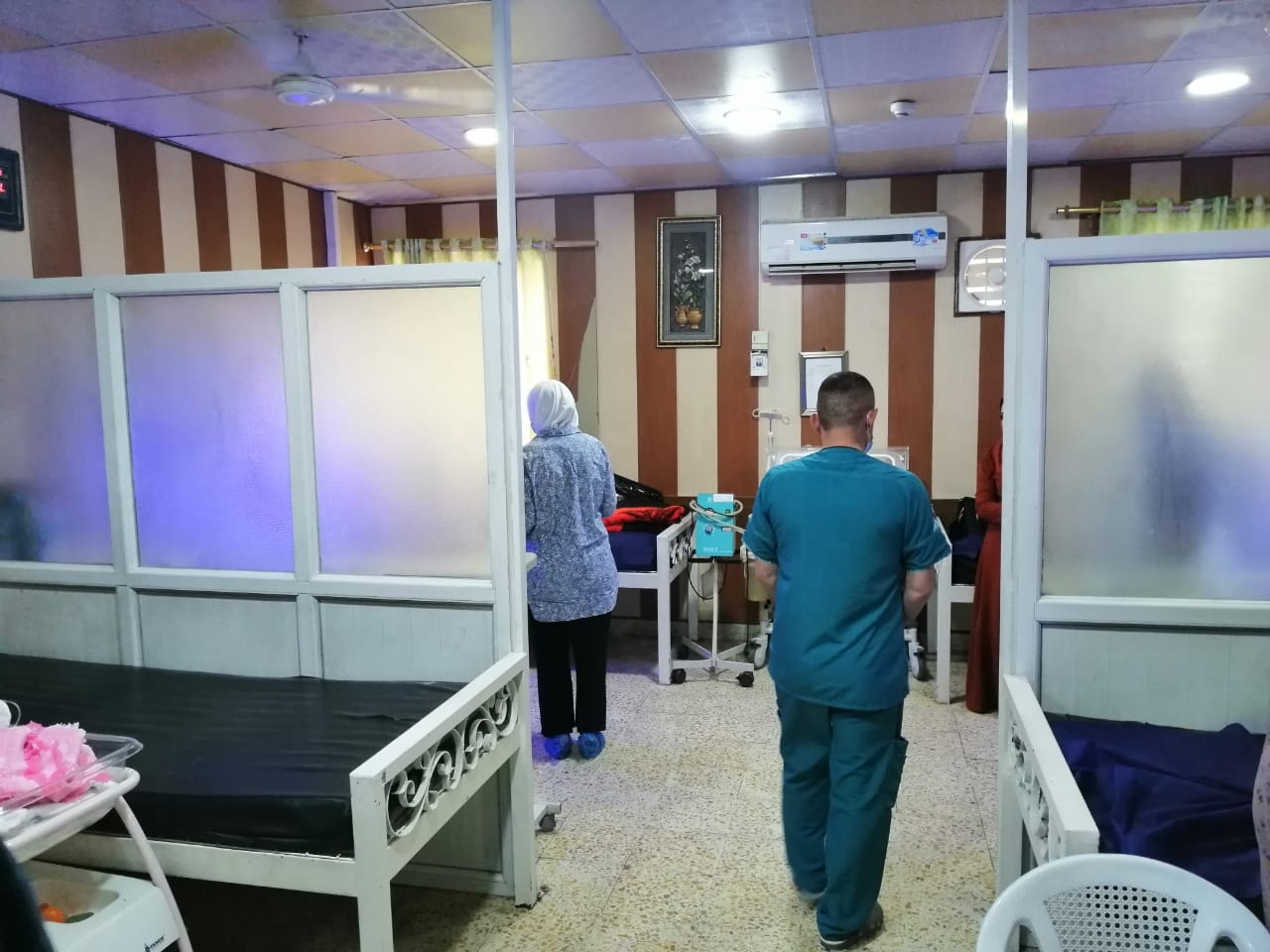A case of cholera has been reported in Kirkuk, director of health in Kirkuk said.
The outbreak of Cholera has been semi officially declared on Wednesday in Sulaymaniyah Northern Province following hospitalization of hundreds of cases for severe diarrhea in the last few days especially among children.
"This is the first case of cholera. The patient is in good health and stable. He only suffered from diarrhea and is currently receiving treatment at the Kirkuk General Hospital," said Dr. Nabil Bushnaq, director general of Kirkuk health office, on Wednesday afternoon.
"The reason for the infection is that he visited a suburb of Kirkuk a few days ago and was infected there," Bushnaq added.
The second special hospital has been allocated in Sulaymaniyah, after that the first public hospitals could no longer accommodate patients.
Sabah Hawrami, Director General of Health in Sulaymaniyah, told a news conference Wednesday morning, "The epidemic of diarrhea has increased significantly in Sulaymaniyah province and its surroundings, it was expected for us because every year in June and July diarrhea cases spike.”
“Every 5-6 year in these seasons, there is an outbreak of cholera, which is one of the worst forms of diarrheal epidemics, and this is a source of concern for us," Hawrami added.
"This year we suspect that there is an outbreak of cholera, although no citizens have been infected with cholera so far, but according to the initial signs we suspect that this outbreak is cholera.”
Cholera is an endemic in Iraq, with periodic outbreaks recorded since 1966. Outbreaks typically follow seasonal increase in water contamination starting from July, with an increase in acute diarrhea (AD) and reach the peak in September.
The most recent cholera outbreak was officially declared on 15 September 2015 by the Ministry of Health (MoH) when about 120,000 cases were reported, mainly in middle and southern provinces.
According to Sulaymaniyah Health office, the infected person's stools are watery, nausea, heart rate increases and blood pressure drops, and the infected person feels dry and weak due to loss of fluids and minerals.
Health officials advise citizens to use clean water sources for drinking. If clean water is not available, it should be chlorinated or boiled. Besides, hand hygiene and washing is advised and to avoid eating in unlicesned and moile food sources.





